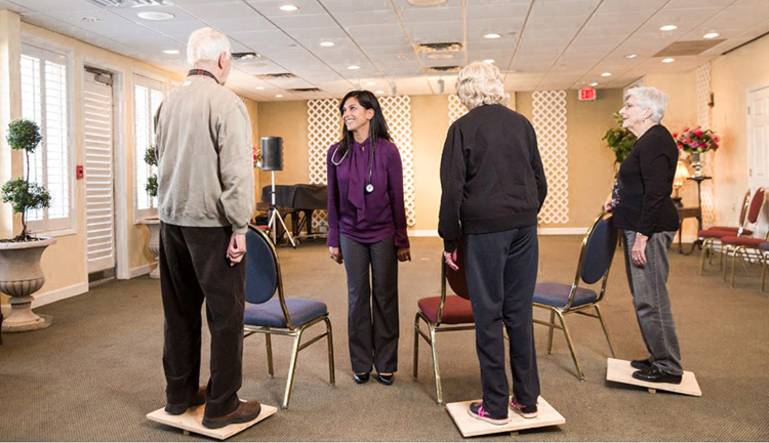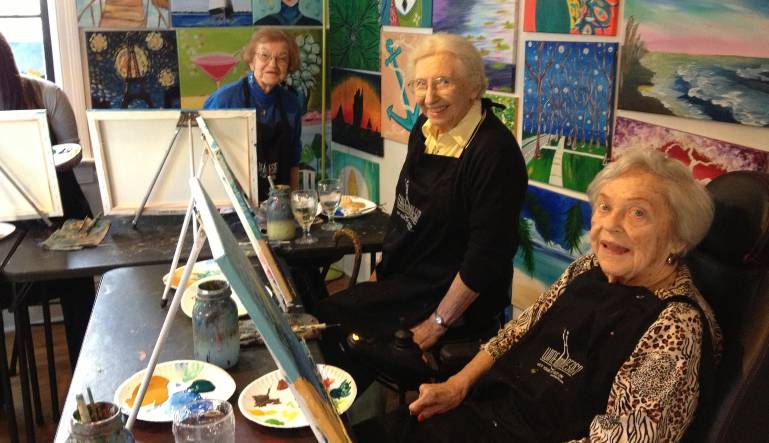When a senior loved one with Alzheimer’s is hospitalized, it can be emotionally jarring. The change in environment, not to mention the lights and sounds of a hospital, can cause agitation and outbursts. It’s easy for family caregivers to worry about the care a loved one is receiving and how to minimize the disruption to their routine.
You’ll likely need to play an active role in their care to ensure your loved one’s hospital stay is as comfortable as it can be considering the circumstances.
Look for the following red flags to determine if they need additional support while they are hospitalized.
Increased Agitation and Alzheimer’s
Seniors with Alzheimer’s will often show increased agitation, and even aggression, in a hospital setting. They are taken off their routine. Strange people come and go at all hours. A hospital can be a noisy and overall confusing place for people with Alzheimer’s.
Speak to hospital staff about minimizing disruptions. Can staff serve meals on your loved one’s usual schedule? Ask that the television remain off unless your loved one requests to watch it. Play soft, soothing music instead. Keep the lights lowered whenever possible.
In extreme situations, you might ask for your loved one to be moved to a room that is in a quieter area of the hospital.
Dehydration
Seniors with Alzheimer’s are at increased risk of dehydration in a hospital setting, because they may forget to drink. Staff members who aren’t familiar with the disease might not know that a person with Alzheimer’s needs frequent reminders.
Reinforce the need for cues to “drink more” with hospital caregivers. You might even consider posting a note on your loved one’s bed side table. This can help them stay hydrated when you aren’t around to monitor their liquid intake.
Signs of Pain
Seniors with Alzheimer’s may suffer from untreated pain in a hospital setting, if they can’t convey their discomfort to medical staff. Use your intuition and knowledge of your loved one to look for signs of pain, and request the appropriate measures be taken to alleviate it.
When a Senior with Alzheimer’s is Hospitalized
A few additional tips that may help include:
- Permission to stay overnight: The best way to calm a loved one with Alzheimer’s is to have a familiar family member by their side. Ask if the hospital can accommodate this request.
- The room décor is busy or frightening: Photos of animals or other busy room décor can be threatening to someone with Alzheimer’s. Ask for a room with minimal decorations, no busy patterns, and lighting that minimizes shadows.
The Bridge to Rediscovery
When your loved one is released from the hospital, the next step may be a move to a dedicated memory care program in an assisted living community. They will receive the support they need to manage their Alzheimer’s and maintain their best quality of life.
Five Star Senior Living communities offer personalized memory care programs to ensure residents stay safely engaged with life despite their disease. Contact us to learn more and to schedule a private tour at your convenience.
Contact Us Today
"*" indicates required fields










